As educators, we are always telling the students to take advantage of their time in a new country or environment and expose themselves to as many opportunities as possible. But what about faculty members guiding those students? What opportunities can we as educators and academics take advantage of during our time abroad?
Such enriching experiences should offer reflection and growth opportunities for all parties involved - including group leaders. Here are four ways we’ve seen faculty capitalize on the experience.
1 - Present at conferences
 |
Teachers receive flowers from their students at the end of a
a study abroad program at ACLAS. |
Teaching abroad is a busy time - but also a great opportunity to network and gain exposure in your field. Conference presentations are distinctive additions to your portfolio and tend to create unforeseen alliances and opportunities.
2 - Connect with other institutions
The possibilities for your own personal and professional growth - and benefits for your institution - are immense. International collaborations are responsible for countless research programs, faculty exchanges, student exchanges, and more. Here are some examples of places to get started:
Engage the department of your discipline at the local universities.
Reach out to the international affairs office (or international education office) at the local universities - this group is often very motivated to meet foreign academics and will have many ideas and suggestions for connections.
Even if you are not language faculty, get in touch with the foreign language department. These departments often have a lot of international connections and are eager to make more.
3 - Explore professional associations
Beyond academics, are there many professional associations that can be fruitful to you as you make your mark in your field. For example: teaching associations, business associations, bioengineering associations - it just depends on your field and interest.
4 - Document your skill development
We often tell the students to reflect on and keep track of the “soft skills” that they are learning while abroad - beyond the academics. You’ll have a good handle on many of these skills, but it doesn’t hurt to take a minute to think about how you are putting them to work while organizing and leading a group of students in a new environment. How might you apply new insights to your teaching? What are the unexpected benefits of the experience? These lessons can touch on many aspects of your work:
adapting to new environments
leadership
taking initiative and risks
responsibility and follow through
stress management
perseverance
flexibility
Although there is rightfully much focus on academic achievement in our field, the “soft skills” will serve you well in future leadership positions and other roles.




